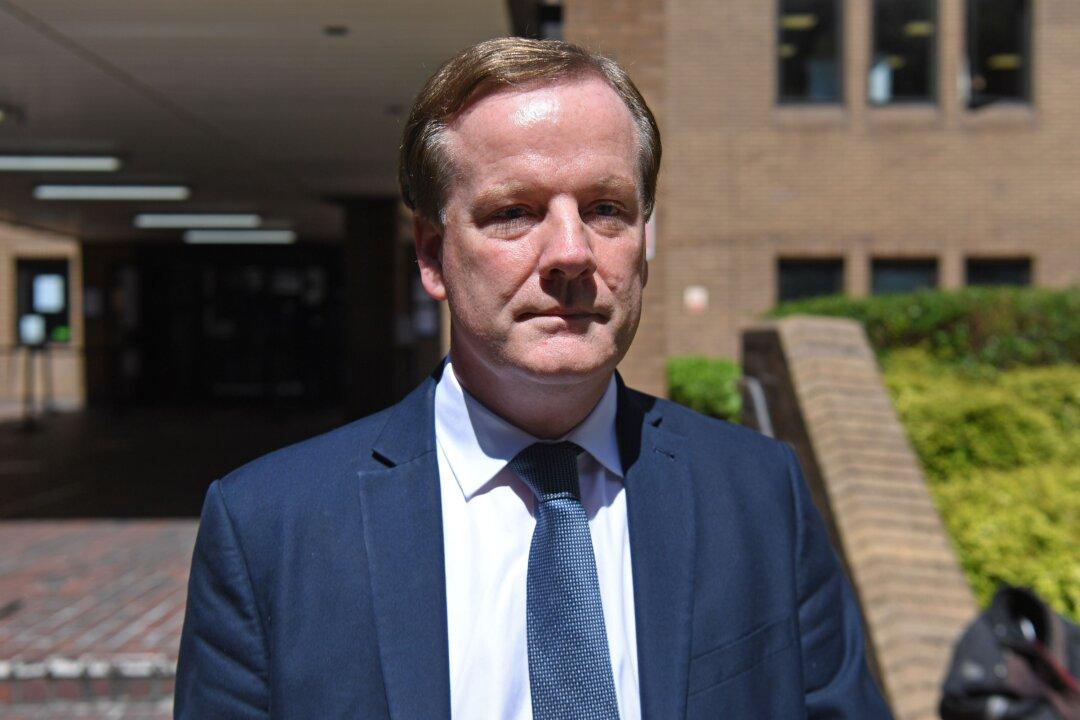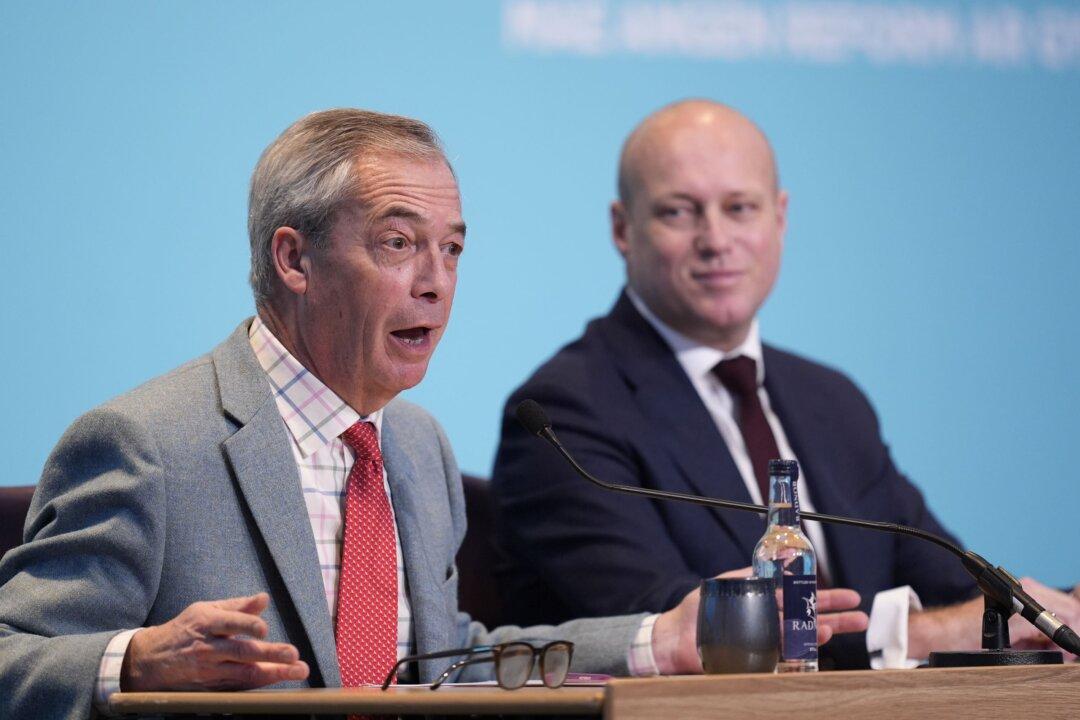Five Conservatives breached the code of conduct over an “egregious” attempt to influence a former Tory MP’s legal proceedings, the Commons Standards Committee has found.
Theresa Villiers, Natalie Elphicke, Sir Roger Gale, Adam Holloway, and Bob Stewart sought to interfere in a decision regarding ex-MP Charlie Elphicke, who was convicted of sex offences.




